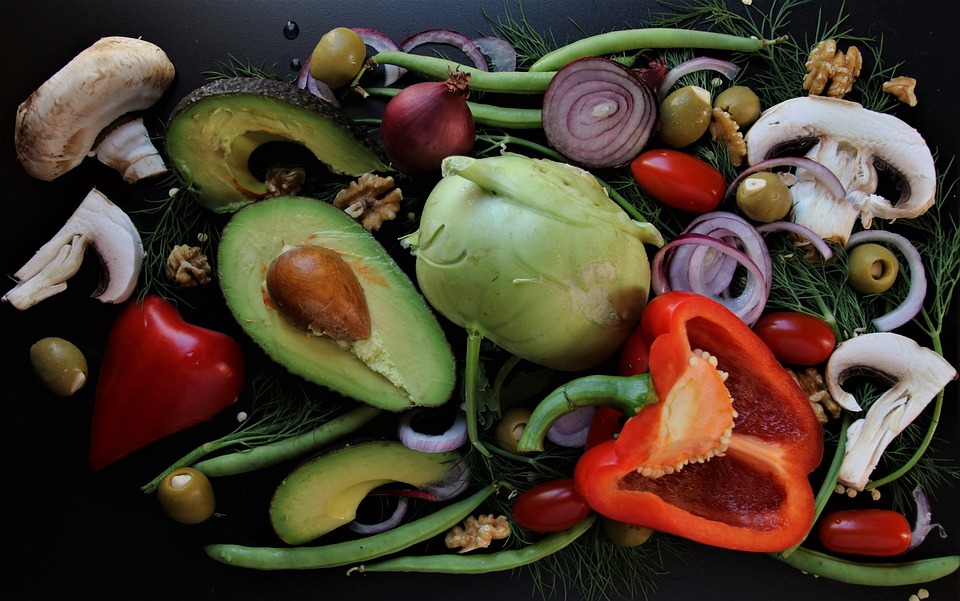Introduction
Dairy alternatives, such as plant-based milks made from soy, almond, oat, or coconut, have gained significant popularity in recent years. While dairy products have long been a staple in our diets, many people are now seeking alternatives due to various reasons, including lactose intolerance, allergies, ethical concerns, and health considerations. In this article, we will explore the benefits of dairy alternatives and why you might want to consider incorporating them into your diet.
1. Lactose Intolerance and Allergies
Lactose intolerance affects a large portion of the population. It is caused by the body’s inability to digest lactose, the natural sugar found in milk. Symptoms of lactose intolerance include bloating, gas, diarrhea, and stomach cramps. Dairy alternatives, such as soy milk or almond milk, are lactose-free and can be easily substituted for cow’s milk. Additionally, some individuals may have allergies to dairy proteins. Switching to dairy alternative products can help alleviate the symptoms associated with these allergies.
2. Nutritional Content
Dairy alternatives often provide a variety of essential nutrients. For example, soy milk is known for its high protein content, which can be beneficial for muscle growth and repair. Almond milk is typically rich in vitamin E, which acts as an antioxidant, promoting healthy skin and reducing the risk of cardiovascular diseases. Oat milk is a great source of fiber, supporting healthy digestion and providing a feeling of fullness. Coconut milk, on the other hand, contains medium-chain triglycerides (MCTs), which are easily digested and can provide a quick source of energy.
3. Environmental and Ethical Considerations
Dairy production has a significant impact on the environment. It requires large amounts of water, land, and feed for the animals. Additionally, dairy farming contributes to greenhouse gas emissions. By opting for dairy alternatives, you can help reduce your ecological footprint. Plant-based milks have a lower environmental impact, requiring less water and emitting fewer greenhouse gases during production. Choosing dairy alternatives can also help support ethical considerations, such as animal welfare, as no animals are involved in their production.
4. Digestive Health
Some individuals experience digestive issues when consuming dairy products. This can be due to lactose intolerance, sensitivity to dairy proteins, or other factors. Dairy alternatives provide a solution for those who want to enjoy milk-like products without compromising their digestive health. Switching to alternatives like almond milk or oat milk can help alleviate symptoms such as bloating or discomfort, promoting a healthier gut.
5. Versatility and Variety
Dairy alternatives offer an array of options, allowing individuals to choose based on their preferences and dietary needs. Whether you prefer the nutty flavor of almond milk, the creamy texture of coconut milk, or the familiarity of soy milk, there is a dairy alternative out there for everyone. These alternatives can be used in cooking, baking, or as standalone beverages. This variety ensures that you can still enjoy your favorite recipes and beverages while exploring new flavors and textures.
Conclusion
Dairy alternatives provide a range of benefits, from catering to lactose intolerance and allergies to offering diverse nutritional content. They also reduce the environmental impact associated with dairy production and provide options for individuals with digestive issues. Additionally, the versatility and variety of dairy alternatives ensure that you don’t have to compromise on taste or texture. By exploring the world of dairy alternatives, you can discover new flavors, support your dietary preferences, and reap the many benefits they offer.




